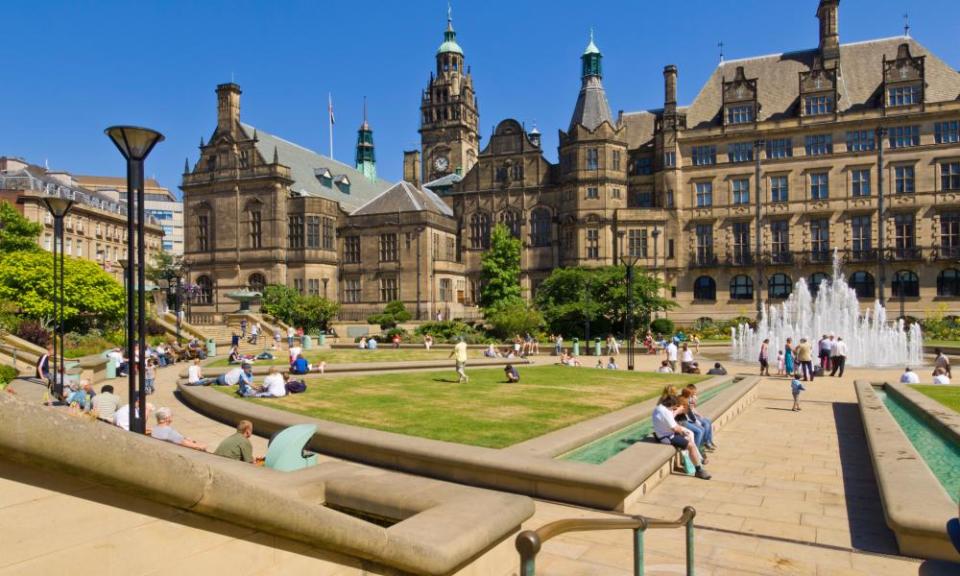Mike Bower obituary
My friend Mike Bower inspired and led the transformation of Sheffield at a time of political and economic crisis. As leader of Sheffield city council from 1992 to 1998, he drove the Heart of the City project: this brought together the Millennium Gallery, Winter Gardens, St Paul’s Place and Peace Gardens in the centre, introduced Supertram and engaged with the regeneration of the East End, which had been ravaged by industrial decline.
Mike, who has died aged 77, has been described as a visionary by the former Sheffield MP Richard Caborn. To “visionary” I would add “tenacious” - his vision was for a long time resisted by his own Labour group, bruised by the costly experience of Sheffield’s hosting of the World Student Games – and “open-minded”. After a decade of barely concealed hostility from many Labour councils, he built bridges with the unelected industrialists entrusted with the city’s regeneration by Margaret Thatcher’s government.

He also had deep personal integrity. When it became clear in 1998 that he might lose his marginal seat in the council elections, colleagues urged him to seek a safer ward, but he insisted on standing in Netherthorpe Ward near his home. After defeat in a nine per cent swing to the Liberal Democrats, he worked for Yorkshire Forward, the regional development agency, until his retirement.
Mike was born in Colwyn Bay, in north Wales, to Rachel (nee Bremner) and Arthur Bower, civil servants who had been evacuated from London and would be known locally as “the evacuees” forever after. He learned Welsh at the local primary school and Colwyn Bay grammar school, and trained as a civil engineer in Salford.
Employed as a journalist by Mechanical Handling magazine, he joined the Sheffield Star newspaper and then the Morning Telegraph by 1970. As father of the National Union of Journalists’ chapel (office branch) he soon secured a 20% increase in our basic wage which, as I found out, made him a very hard act to follow.
Watching him negotiate, I was amazed at his ability to stay calm and persistent in the face of flat refusal, qualities which would serve him well in his political career. Elected to the city council in 1976, he became chair of its education committee. Given the brief of development officer for co-operatives, he overcame the doubts of his own side to buy the now-thriving Aizlewood’s Mill, a derelict eyesore of a former flour mill, for £1 and then secured £750,000 funding to renovate it for occupation by co-operatives and small businesses.
Witty – sometimes sharply so - and convivial and an enthusiastic and good dancer, Mike was remorseless in his search for things to improve almost to the end of his life, not least his allotment. A lifelong walker, he completed the Pennine Way at 60. He also ran 10 marathons.
He is survived by his wife, Frances Homewood, whom he met when she was a special adviser to the council Labour group in 1981 and married in 1994, and by his daughters, Rachael and Sarah, from his previous marriage to Sue Millington, which ended in divorce.

 Yahoo News
Yahoo News 
